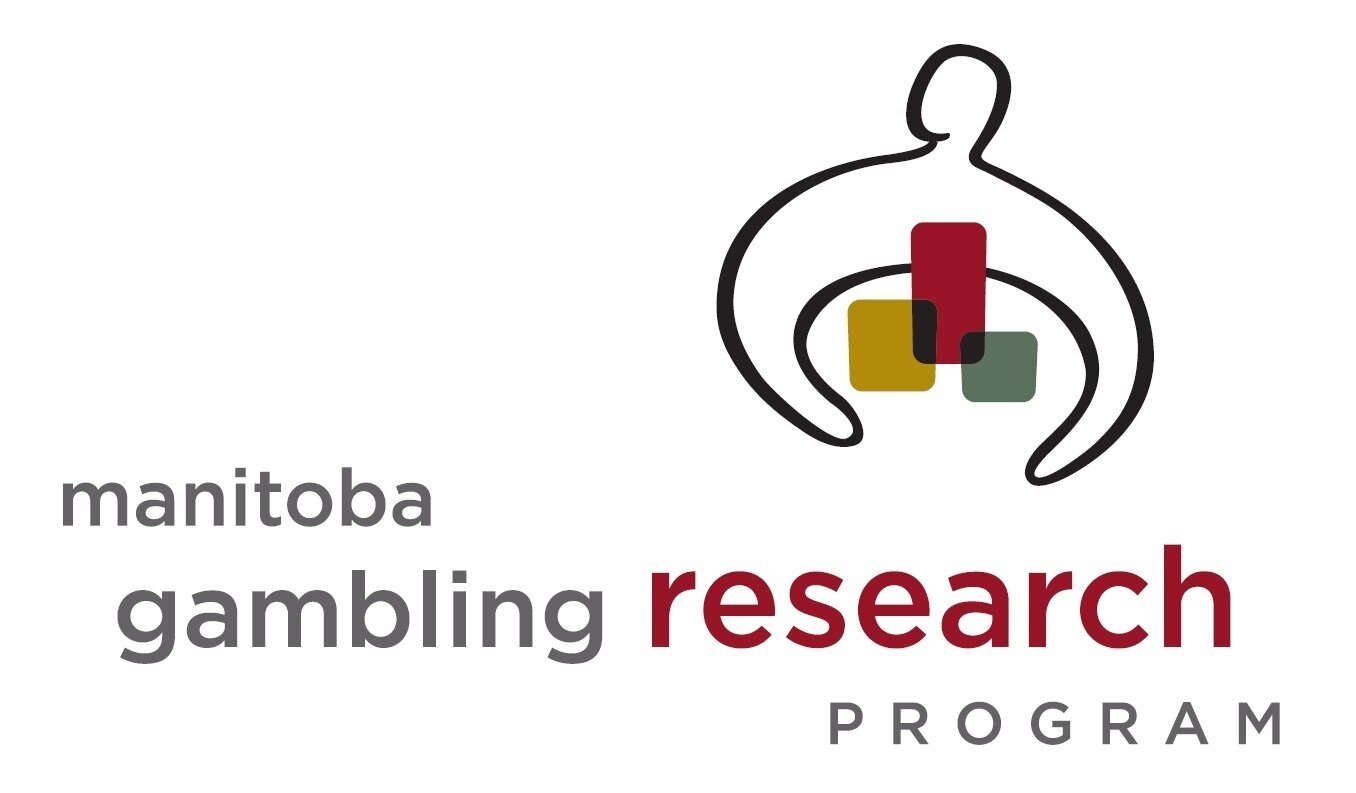Welcome
The Manitoba Gambling Research Program supports the development of high quality research that enables the evidence-based advancement of responsible gambling programs, and problem gambling prevention and treatment.
A Research Council, consisting of community members and provincial gambling stakeholders, oversaw the $1 million annual research fund.
Program Phase-Out
Manitoba Liquor & Lotteries will be phasing out the Manitoba Gambling Research Program. Applications for funding are no longer being accepted.
All approved research projects funded by the program to date will continue to receive funding until their completion.
While the Manitoba Gambling Research Program has accomplished much during its six-year existence, the program has required significant staff resources from Manitoba Liquor & Lotteries to administer. As the program is phased out, Manitoba Liquor & Lotteries will reallocate funding and staff resources to other social responsibility initiatives. This includes a continuing strong commitment to research and evaluation.
We will continue to require the assistance of peer reviewers to assess final reports as research projects are completed over the next several years.
The program’s website will remain active, with new reports posted as they are completed, to ensure the continued sharing of knowledge from past and current research projects.
For questions regarding the program contact:
Carly Sacco at (204) 957-2500 ext. 2417
To be notified of new research reports available, please sign up to our e-news service.

